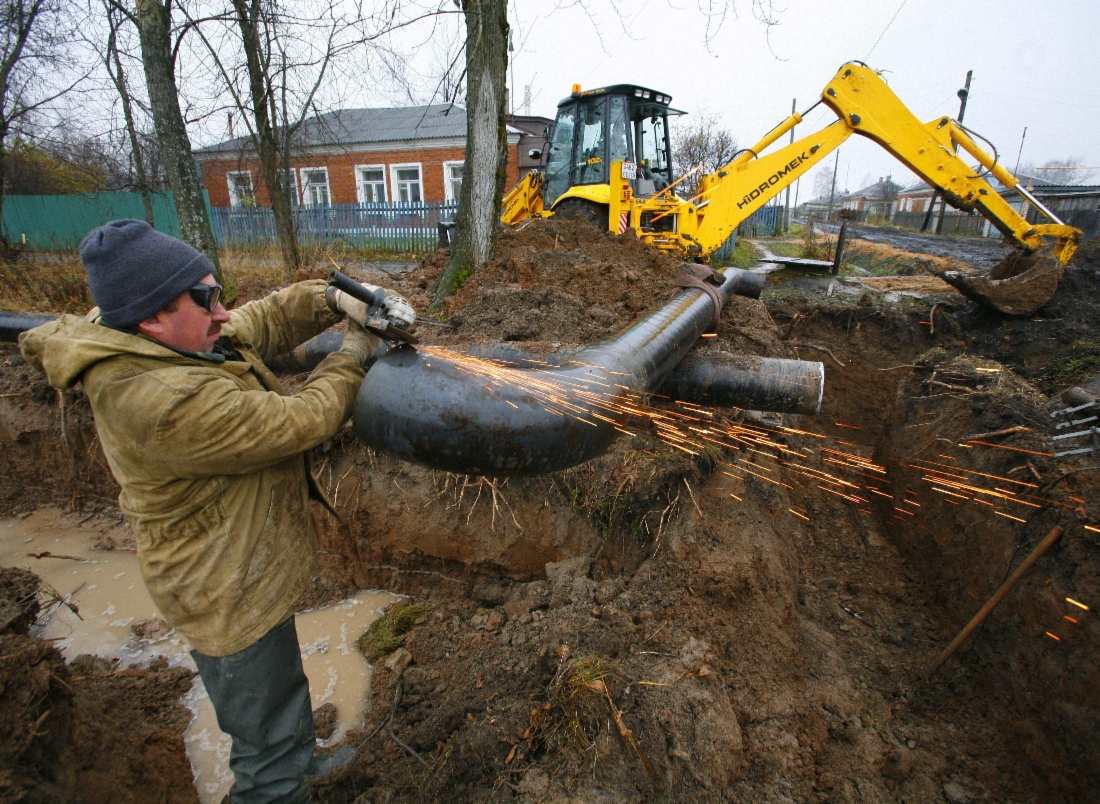Russian laws not yet allowing for gas debt growth issue to be resolved effectively
RELEASE
Release
The Board of Directors reviewed the information about the gas market development progress in Russia as well as the measures taken to enhance the discipline of payments for gas deliveries.
It was highlighted that domestic gas consumption had annually increased by an average of 2 to 3 per cent in the last ten years mostly due to the commissioning of new and upgraded power generating facilities, the implementation of gasification programs as well as the development of new gas markets in Eastern Siberia and the Far East.
At the same time, the total debt of Russian consumers for gas supplies amounted to RUB 165 billion as of April 1, 2013.
The downturn trend in the public utility sector, which accounts for 30 per cent of the total debt, is of primary concern. The situation with defaulted payments owed by public utilities is most acute in the Bryansk, Vladimir, Moscow, Saratov Regions, the Republic of North Ossetia-Alania, the Republic of Kabardino-Balkaria and the Chechen Republic.
The main reason for the accumulation of public utilities' debt is the existence of unfair operators acting as intermediaries in the chain of payments for the natural gas consumed (including the gas converted into heat). In order for the payment discipline to be enhanced a statutory system of splitting payments for heat should be put in place. This will make it possible to pay for the gas component separately and transfer respective funds through regional information and settlement centers directly to the gas supplier.
Another important reason is the existence of private operators taking boiler houses on lease. It is now a widespread phenomenon that companies with a small equity capital emerge for a short period of time and, as they have no liquid assets, declare themselves bankrupt so as not to pay for gas deliveries. In this respect it is necessary that regional authorities tighten control over the lease of municipal property. More stringent requirements with regard to the size of net assets should be set for lessees and the compulsory liability insurance against the non-fulfillment of obligations should be introduced.
Another category of consumers contributing greatly to the total amount of defaulted payments is the population that accounts for 37 per cent of the debt. The existing legislation doesn't permit gas supply companies to limit gas deliveries to the population, even in the case of substantial arrears.
The court bailiffs service fails to fully recover gas debts. For instance, in 2012 suits in excess of RUB 36.6 billion were brought against consumers (irrespective of a category) with the debt spanning a period of more than three months. Only RUB 28.2 billion was collected.
In this context a legally binding mechanism should be developed for guaranteeing not only gas supply, but also timely payments for it by the population inclusive.
A critical problem is unsanctioned gas offtake. In 2012 a total of 13.2 thousand such cases worth more than RUB 408 million were detected, with some 4 thousand administrative and criminal proceedings instituted and RUB 85 million collected.
The Board of Directors tasked the Management Committee to continue the work aimed at clearing the consumers' arrears for gas supplies as well as interacting with state authorities so as to improve the national laws in this area. The results of this work are planned to be addressed by the Board of Directors in the second quarter of 2014.
Background
Gazprom is the largest supplier of gas to the Russian market, accounting for over 70 per cent of the total gas deliveries.
At present, the Russian gas market consists of regulated and deregulated sectors. Gazprom is practically a sole supplier to the regulated sector. Out of all fuel resources only prices of natural gas produced by Gazprom Group and supplied to Russian consumers are subject to state regulation.


